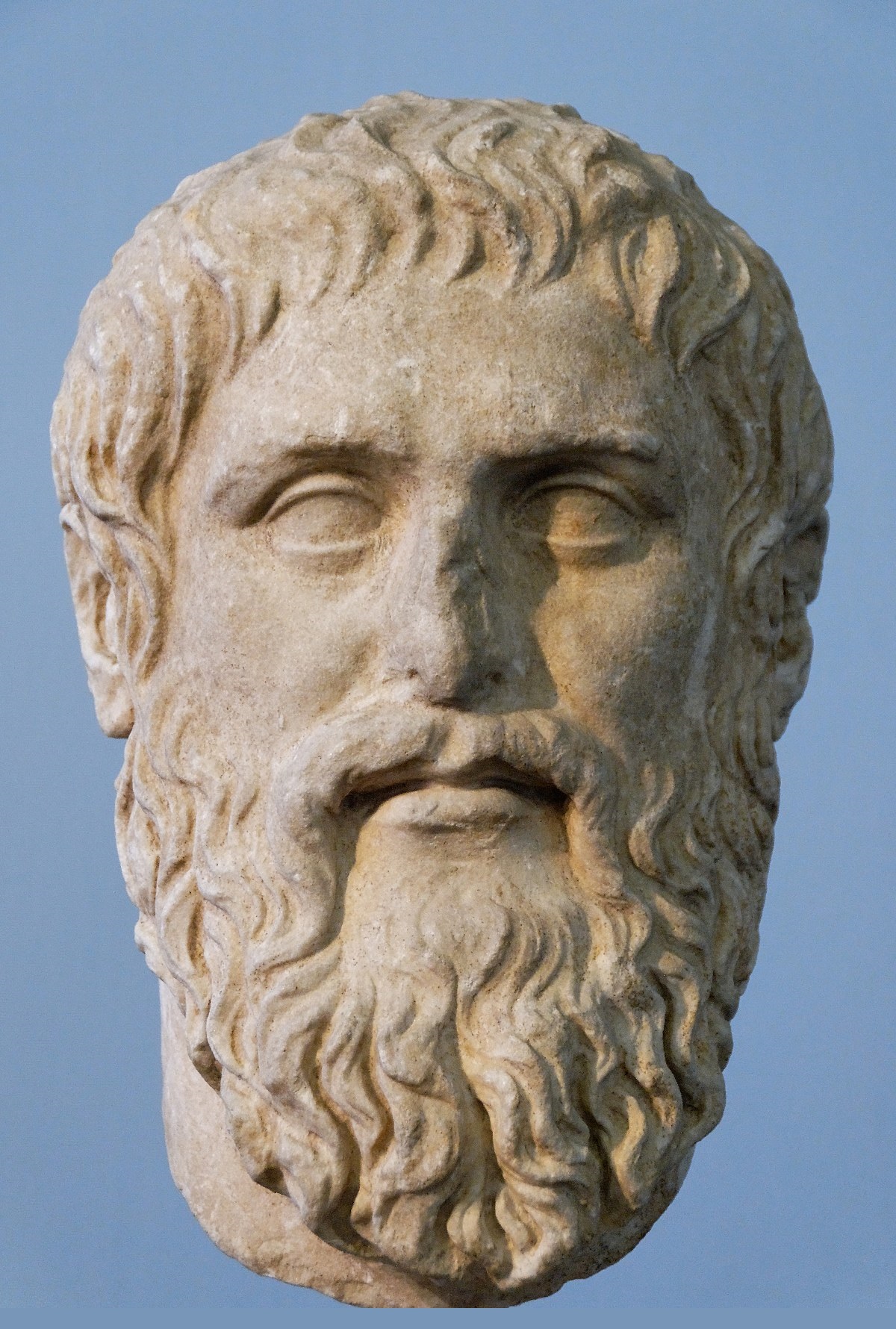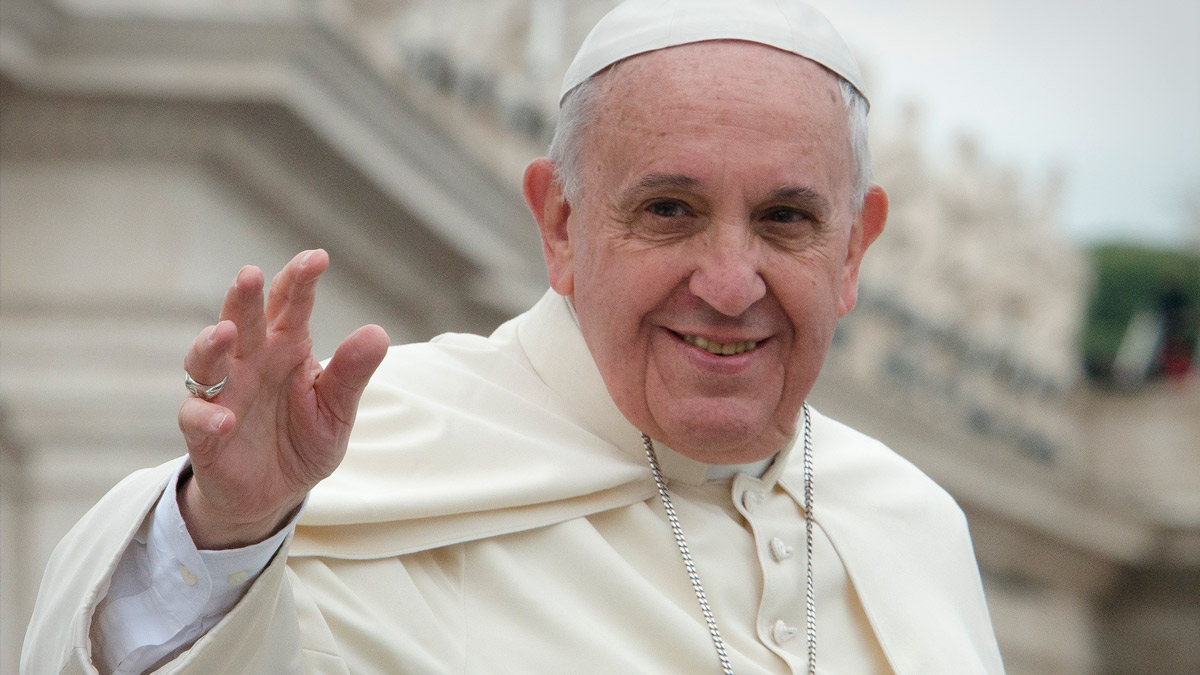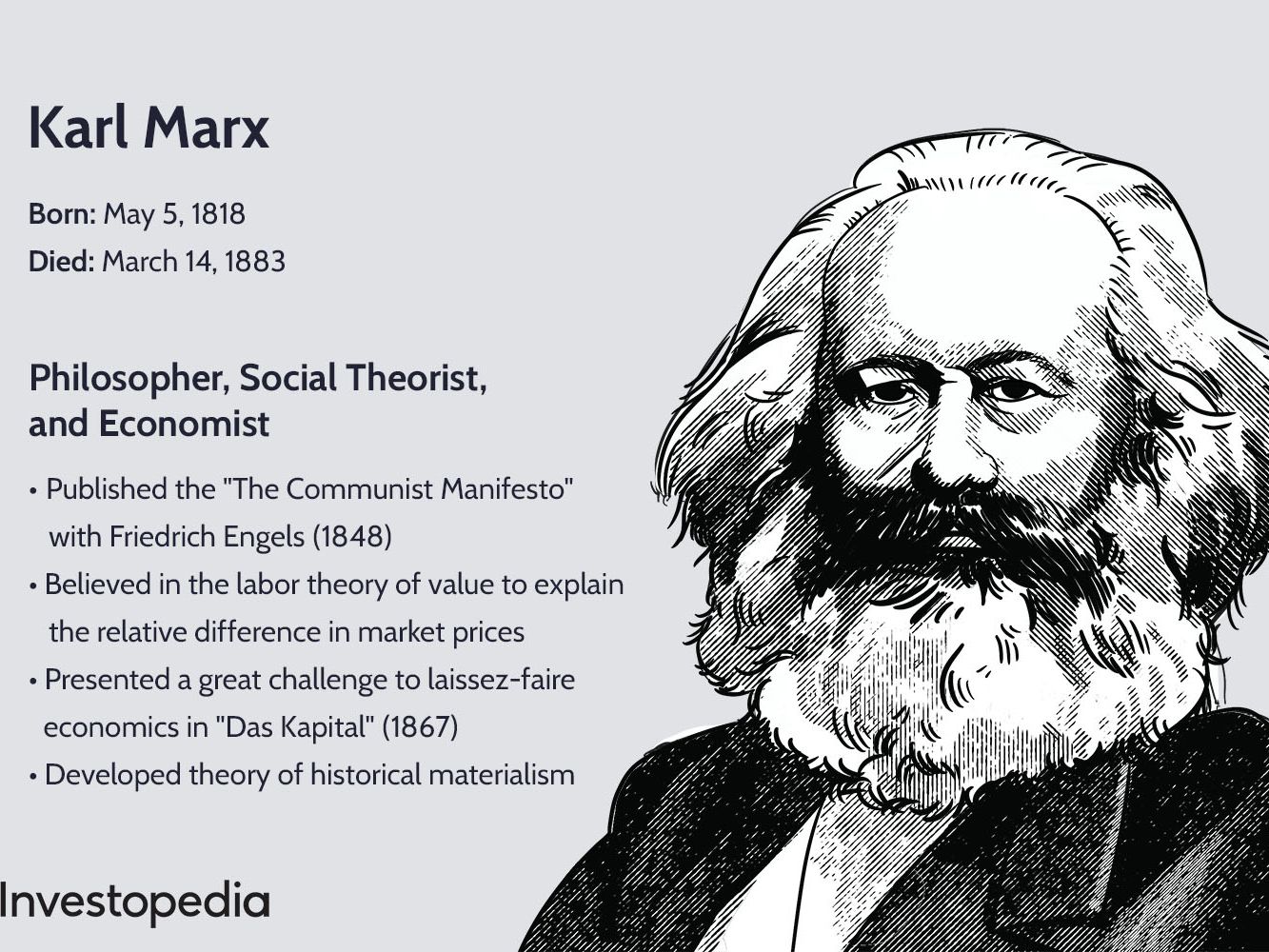Plato: Greek Philosopher
– Do not let grass grow in the path of friendship –
- Disciple of Socrates and teacher of Aristotle.
- Contributions : Platonic philosophy. Metaphysics, Ethics, Politics, Epistemology, Rhetoric, Art, Love…
- Awards : Considered the most important figure in the development of Western philosophy
- Pupil of : Socrates, Theodore of Cyrene and Hermogenes
- Outstanding work : Dialogues of Plato
- Movement : Platonism
- Nickname : Plato
- Name : Greek pronunciation
Summary
- Considered one of the most important figures in the development of Western philosophy. Plato was a student of Socrates and later founded his own school, the Academy of Athens. Plato’s most famous work is The Republic, in which he describes his vision of an ideal society. Based on the thought of Socrates he developed a philosophical system later known as Platonism. His thought has logical, epistemological and metaphysical aspects.
Questions and answers
- What is Plato’s most famous theory? -His most famous contribution of his is the theory of Forms known by pure reason, in which the philosopher presents a solution to the problem of universals known as Platonism (also called Platonic realism or idealism).
- What is Plato’s thought? -Platonic idealism is a branch of philosophical thought based on its doctrines. Plato argued that reality is made up of ideas and not made up of material things.
- What was the name of Plato’s school? -Academy or college of philosophy on the northwestern outskirts of Athens, where Plato acquired property around 387 BC. C. and used to teach.
“Ignorance is the seed of all evil”
Plato
Plato was born in 427 BC. C. in Athens or Aegina.
Plato was actually called Aristocles. He received the name with which we know him and which means ” broad back ” because of his corpulence. During his youth he became a two-time Olympic wrestling champion.
Family
He belonged to a noble family. His father, Aristo, claimed descent from King Codrus, the last king of Athens. His mother, Perictiona, descended from the family of Solon, the ancient Greek lawgiver. She was also the sister of Charmides and the cousin of Critias. Plato had two brothers, Glaucon and Adeimantus, and a sister, Potone.
After the death of his father, his mother married Pirilampus, a friend of Pericles, who took charge of his education, for which he had careful teachings in all areas of knowledge.
Disciple of Socrates
As a young man, Plato had political ambitions but became disillusioned with the rulers of Athens. It is possible that he was initiated into philosophy by the teachings of the Heraclitean Cratylus. When he is twenty years old, he meets Socrates, who was then 63 years old and will become his only teacher until his death. Proclaimed a disciple of Socrates, he accepted his philosophy and his dialectical form of debate: obtaining the truth through questions. It seems that he witnessed the death of his teacher. Fearing for his life, he left Athens for some time and traveled to Italy, Sicily and Egypt.
The Academy
In the year 387 Plato founded the Academy in Athens, an institution often considered to be the first European university. Subjects such as astronomy, biology, mathematics, political theory and philosophy were taught. Aristotle was his most outstanding student.
Faced with the possibility of combining philosophy and political practice, he traveled to Sicily in 367 BC to tutor the new ruler of Syracuse, Dionysius the Younger. The experiment failed. Plato returned to Syracuse in 361 BC, but once again his involvement in Sicilian events was unsuccessful.
Thoughts And Contributions
Considered one of the founders of Western thought and science, his work covers all areas, from politics to gymnastics, through cosmology or geometry.
Platonic idealism is a branch of philosophical thought based on his doctrine. For Plato, the true reality is the ideas.
Theory of Ideas
The theory of Ideas (differentiation between the world that is perceived through the senses and what is known through reason) is the axis of his philosophy. Ontologically they are the only truly real objects, epistemologically they are the objects of knowledge; in morals and politics, they are the foundation of just conduct; anthropologically they are the basis of platonic dualism.
He is the first Greek thinker whose work has been preserved in its entirety, and Aristotle even transmitted fragments of his oral teaching at the Academy, apparently discordant with his writings. His writings took the form of dialogues, expounding philosophical ideas, were discussed and criticized in the context of a conversation or debate involving two or more people. Plato’s first group of writings includes 35 dialogues and 13 letters.
Plato’s Cave
The allegory of the cave is considered one of the best known in philosophy. Plato develops a metaphorical explanation at the beginning of the VII book of the Republic that explains the theory of how the existence of the two worlds can be grasped: the sensible world (known through the senses) and the intelligible world (reachable only through the use of the reason) allegory about the situation in which the human being finds himself regarding knowledge.
Plato speaks in it of some people tied by the neck and legs inside a dark cave since they were born. With a limited field of vision due to their bonds, they always look straight ahead. There is a fire behind them that illuminates for a considerable distance. The philosopher asks to imagine an elevated path between these beings and the fire through which men walk carrying figures and objects, larger than themselves, some in animal form and others in human form. Immobilized beings with limited vision cannot see more than their shadows projected by the fire in the cave as on a movie screen considering those shadows as real.
Death
He spent the last years of his life lecturing at the Academy and writing. He died in his late 80s in Athens in 348 or 347 BC.











